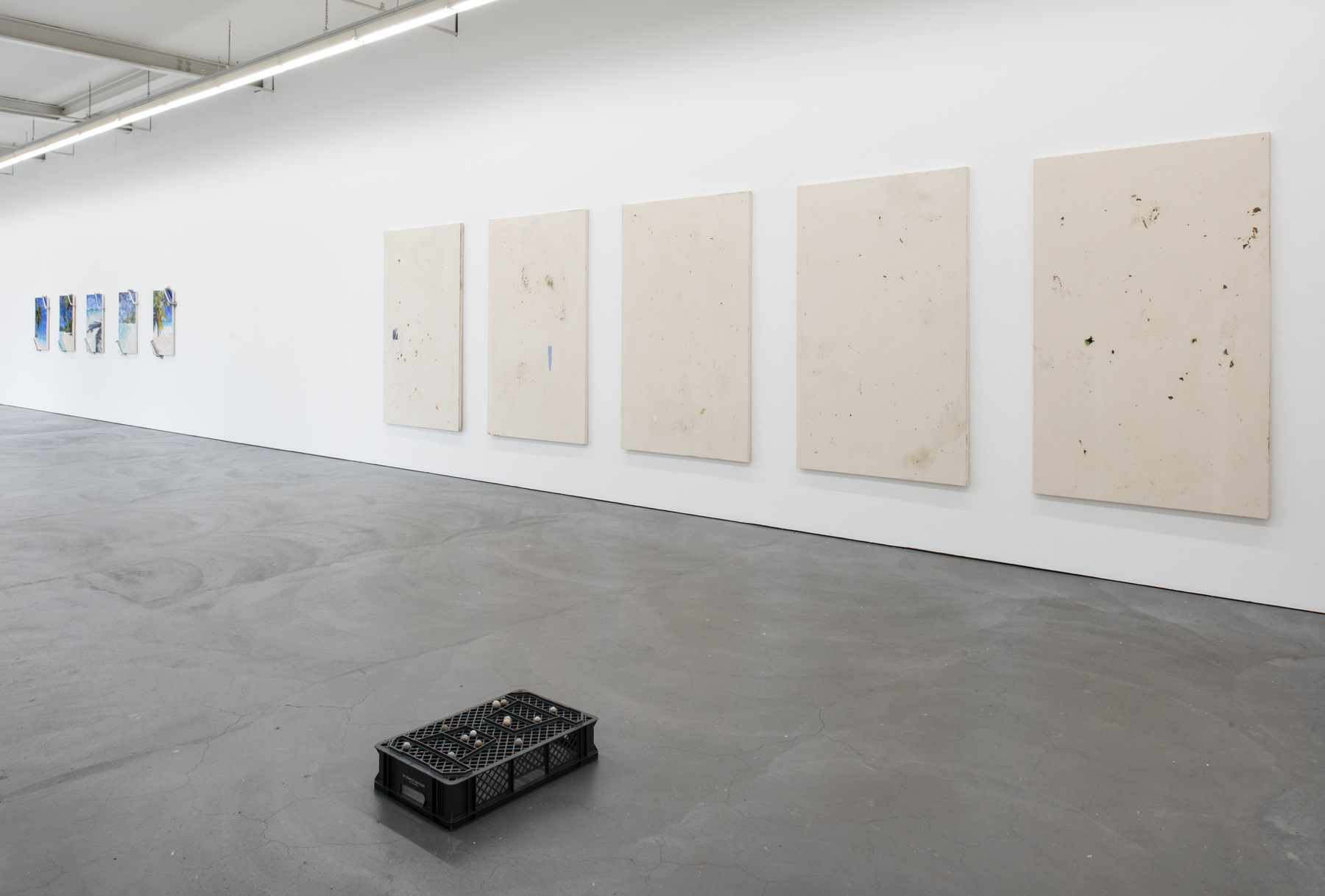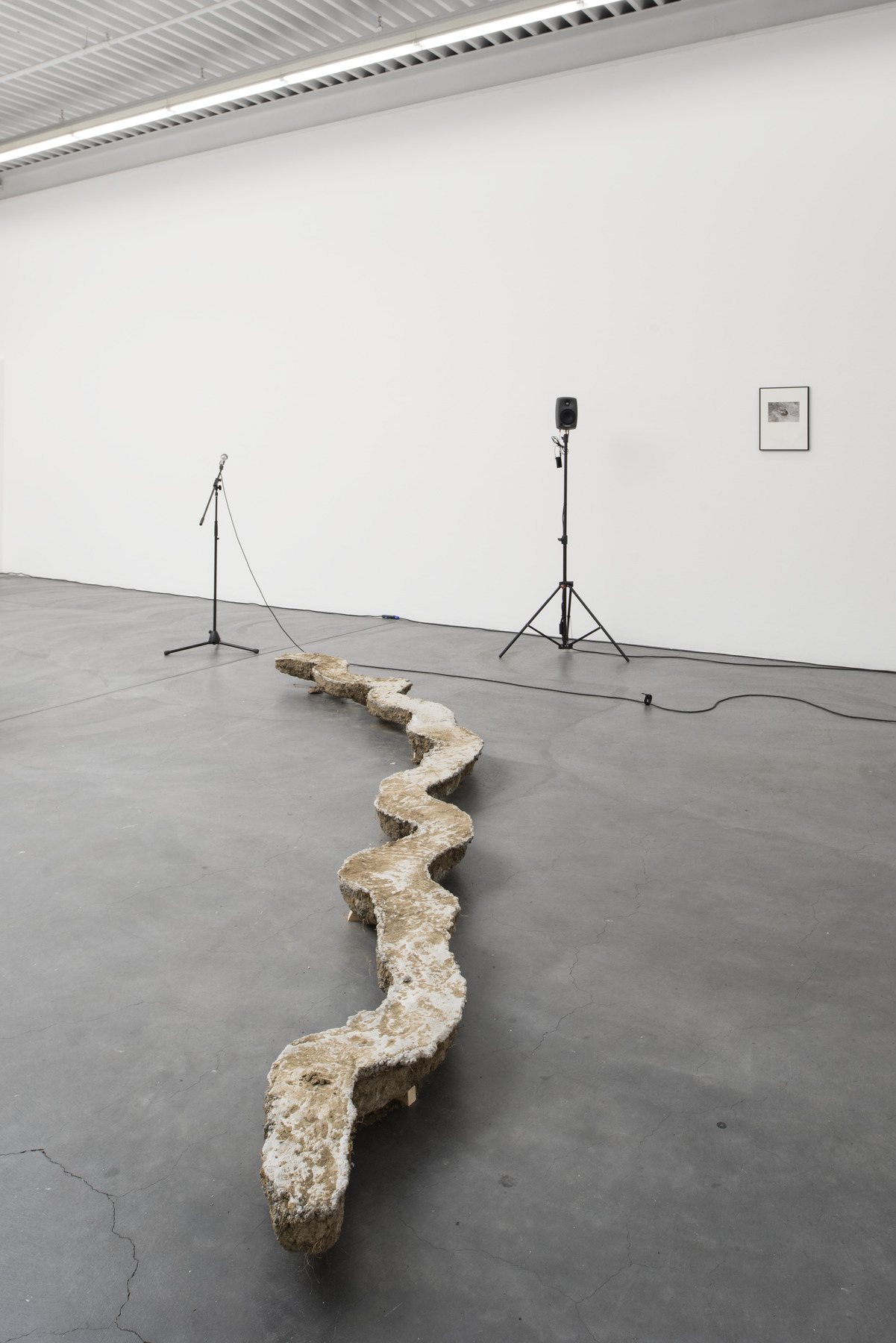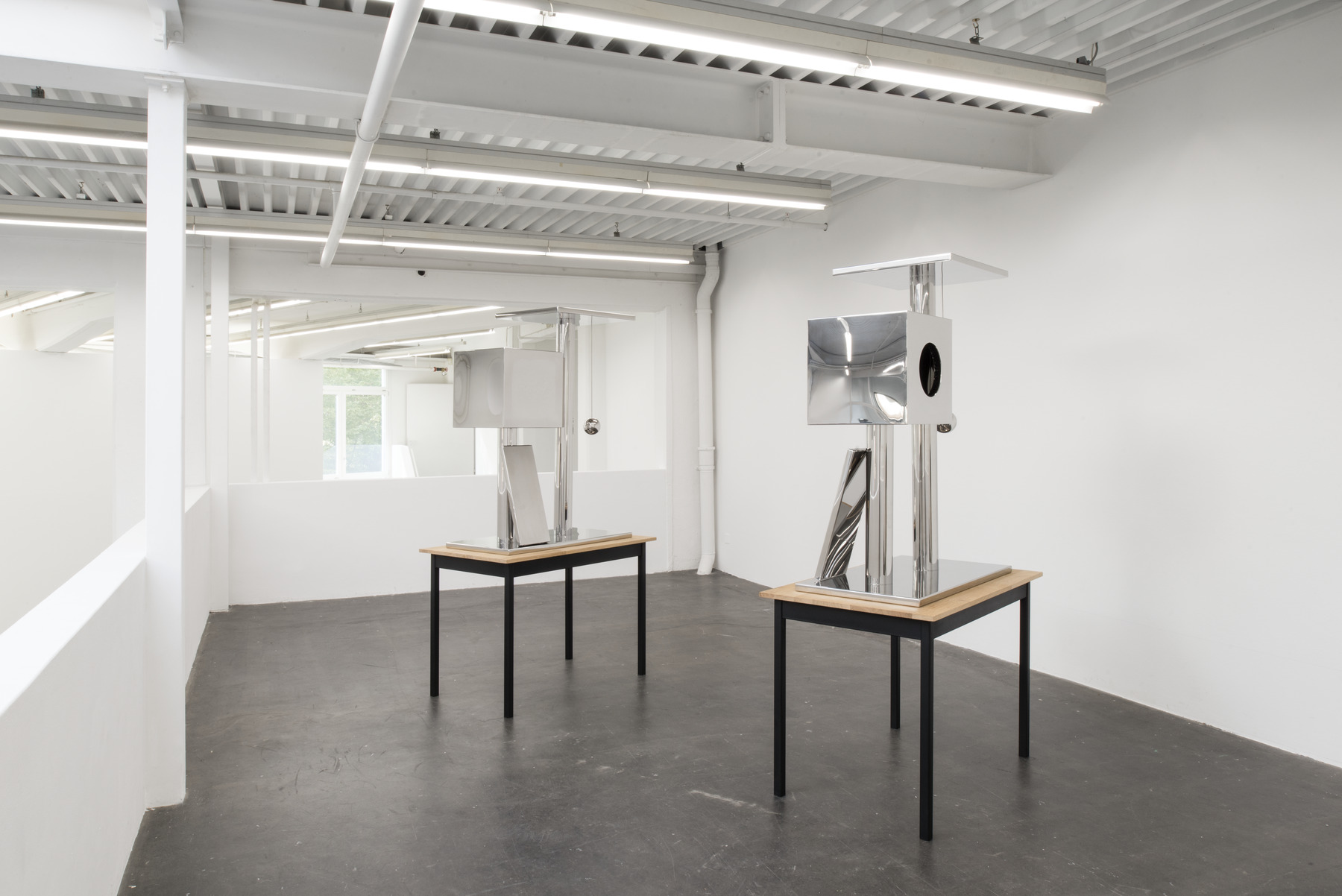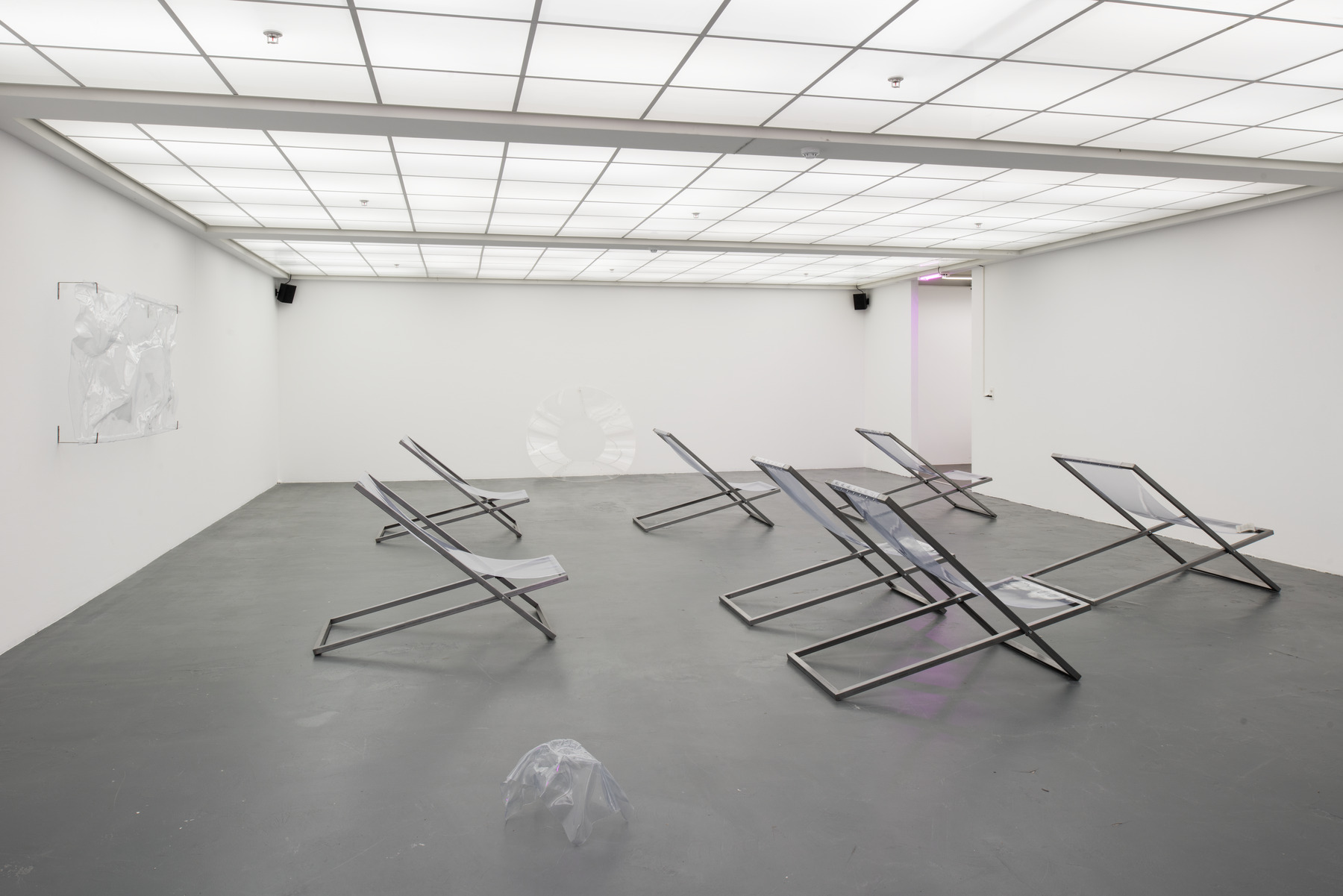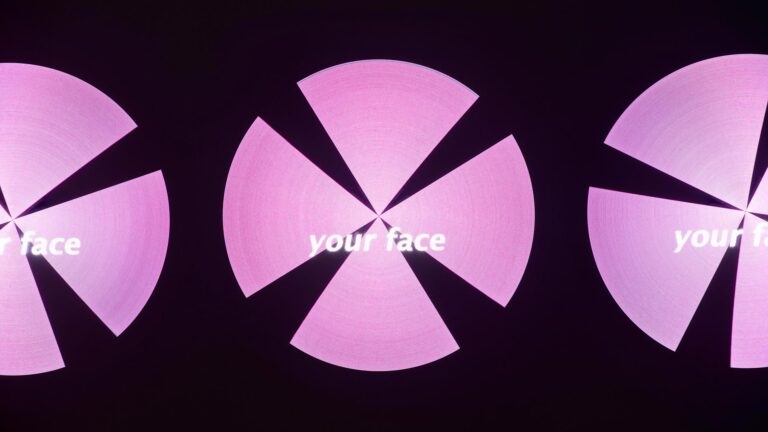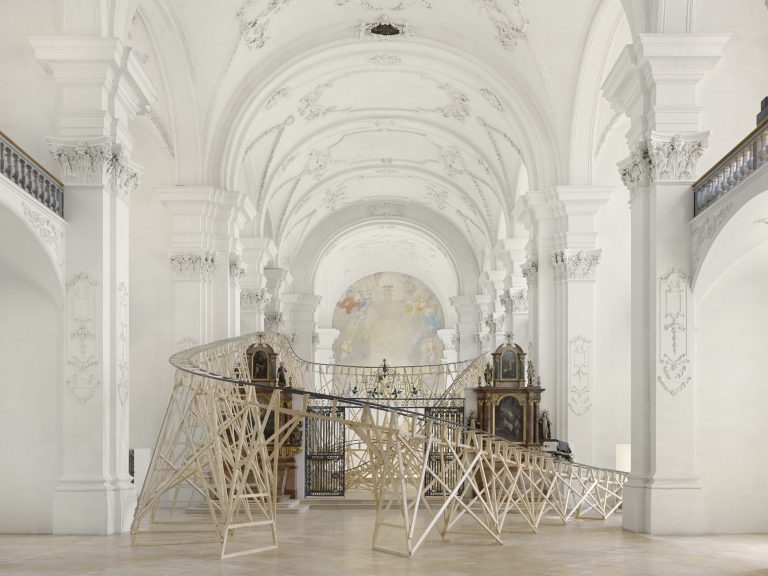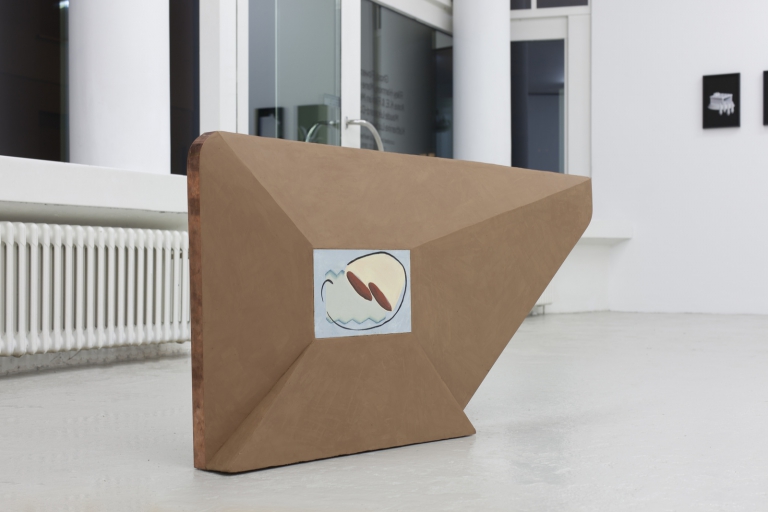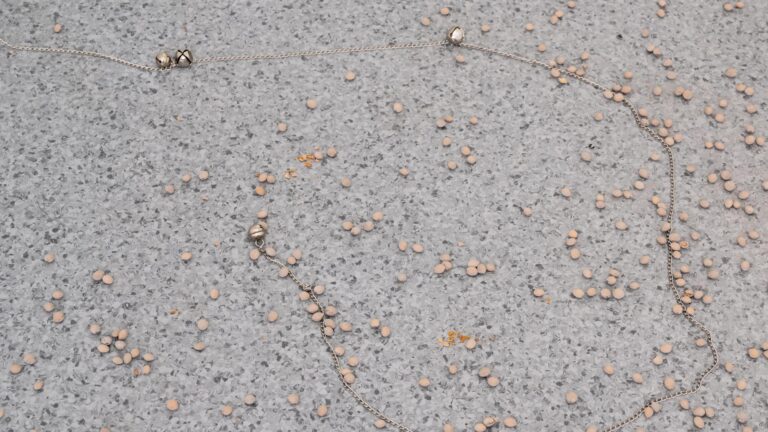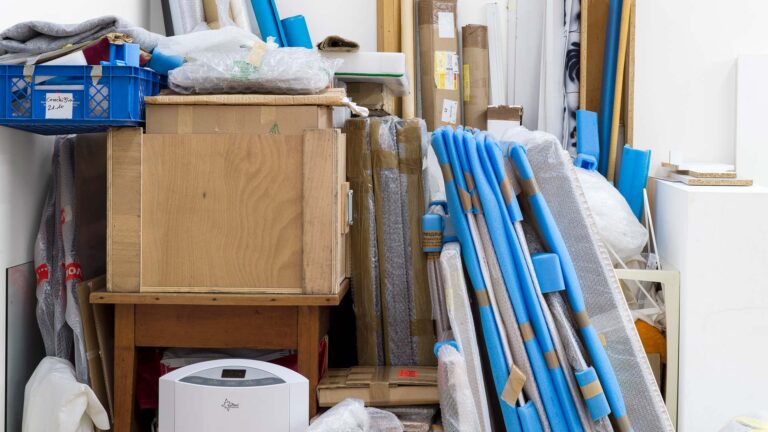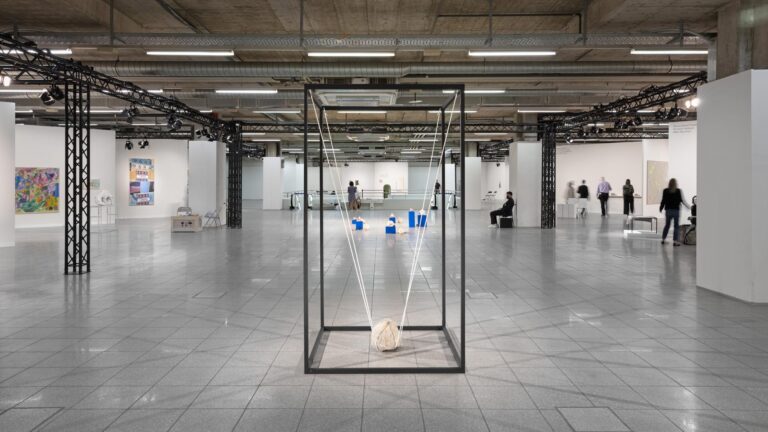Artists: Markus Aebersold, David Berwerger, Manuela Cossalter, Johannes Adrian Eiserlo, Kaja Eng, Adrian Falkner, Othmar Farré, Manuel Guldimann, Chris Handberg, Robert Ireland, Tamara Janes, Aida Kidane, Eunji Kim, Lucie Kunz, Melanie Kuratli, Daniel Kurth, Jérome Leuba, Raphael Loosli, Robin Michel, Laura Mietrup, Katrin Niedermeier, Tobias Nussbaumer, Philémon Otth, Gil Pellaton, Mathis Pfäffli, Raphael Reichert, Njomza Sadikaj, Jelena Savic, Anna Shirin Schneider, Manuel Schneider, Aline Stalder, Aysa Stettler, Inka ter Haar, Florian Thate, Ambra Viviani, Tanja Weidmann, Arnaud Wohlhauser, Simon Wyss
Exhibition title: We invite you to hope (Wir heissen euch hoffen)
Curated by: Carolyn Christov- Bakargiev and Chus Martínez
Venue: Kunsthaus Baselland, Basel, Switzerland
Date: August 28 – September 3, 2017
Photography: all images copyright and courtesy of the artists and Kunsthaus Baselland
The title of this exhibition is the last line of Johann Wolfgang Goethe’s poem “Symbolum,” an undated text written approximately in 1815: Wir heissen Euch hoffen (We invite you to hope). “Symbolum” as a title takes on a new and probably sad connotation today. For Goethe—and Schelling and Coleridge—there is a sharp distinction to be made between allegory and symbol. While in allegorical writing an image is separable from an idea, in symbolic writing the one inherently participates in the other. This eighteenth-century attempt to fuse image and idea reflects the post-Enlightenment problem of instilling organic life into a world analyzed according to abstract and mechanical principles. Indeed, if there’s something important that the Romantics were very aware of it is the need for “new mythologies,” and therefore an insistence on symbols.
Tired of images and afraid of symbols that might have a new and dangerous life in the hands of totalitarian minds, fundamentalists, and corporate libertarians, it is difficult to see that art is a field where life and its symbols can be better discussed. And it is probably for this reason that exercises such as this one here—the graduate exhibition of fourteen bachelor students and twenty-four master students—are of crucial importance. Graduation happens because it carries a very important symbolic meaning: it is a rare invitation through a concrete gesture or object to think about the importance of inhabiting a space of passage, the passage from being an art student to being an artist. After this exhibition, the imagination of being an artist turns concrete, present not only for oneself but for all others as well. In that sense, what you are going to see is not a pragmatic presentation of the results of some two or three years of investigation on what the practice of art may be, or at least not only that. What this exhibition embodies is the sensual environment where we all welcome these individuals as artists. This is what we call hope, the possibilities art and artists are unceasingly producing to carry us through the process of being an active participant in life. What could this be? How can a work or some or many convey such a force? Are the realms of the tactile, the visible, the audible, the tastable still so important today? Is life not so limited by norms and constraints that there is so little to hope for except an existence where one can at least be able to deal with one’s troubles with a certain grace?
It is true that spaces of freedom are constrained, and we live a precarious existence that lacks predictability and job security. Material or psychological welfare is installed in the wealthy North and West with no imagination of what the poorest people here can expect, not even as an ideal. And so a world devoted to imagining the purposes of the sensual— helping us to acquire at least a mental image of a different reality and an actual sensory experience of hope—is more urgent than ever. Art and artists approximate and exceed the pragmatic sense of the world; they turn general ideas and concerns into desires for another type of intensity. And it is by means of the vividness of this hope that we remain capable of recovering, of recognizing that there is something to be done and its seeds are in art and culture.
-Carolyn Christov- Bakargiev and Chus Martínez
Institut Kunst HGK FHNW in Basel, “We invite you to hope”, installation view (Laura Mietrup, David Berweger, Aida Kidane, Raphael Reichert), Kunsthaus Baselland, 2017
Institut Kunst HGK FHNW in Basel, “We invite you to hope”, installation view (Arnaud Wohlhauser, Philémon Otth, Daniel Kurth), Kunsthaus Baselland, 2017
Institut Kunst HGK FHNW in Basel, “We invite you to hope”, installation view (Gil Pellaton, Arnaud Wohlhauser), Kunsthaus Baselland, 2017
Institut Kunst HGK FHNW in Basel, “We invite you to hope”, installation view (Anna Shirin Schneider), Kunsthaus Baselland, 2017
Institut Kunst HGK FHNW in Basel, “We invite you to hope”, installation view (Manuel Schneider), Kunsthaus Baselland, 2017
Institut Kunst HGK FHNW in Basel, “We invite you to hope”, installation view (Aida Kidane), Kunsthaus Baselland, 2017
Institut Kunst HGK FHNW in Basel, “We invite you to hope”, installation view (Mathis Pfäffli), Kunsthaus Baselland, 2017
Institut Kunst HGK FHNW in Basel, “We invite you to hope”, installation view (Tanja Weidmann), Kunsthaus Baselland, 2017
Institut Kunst HGK FHNW in Basel, “We invite you to hope”, installation view (Tobias Nussbaumer), Kunsthaus Baselland, 2017
Institut Kunst HGK FHNW in Basel, “We invite you to hope”, installation view (Ambra Viviani), Kunsthaus Baselland, 2017



